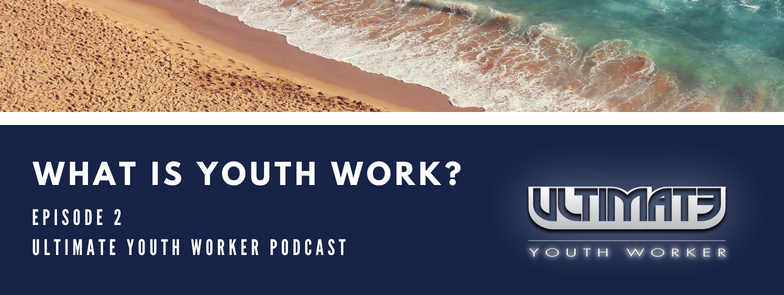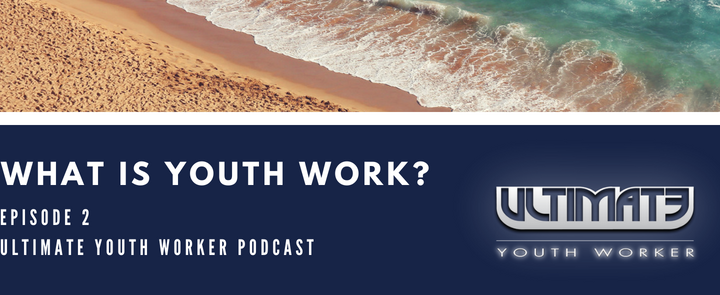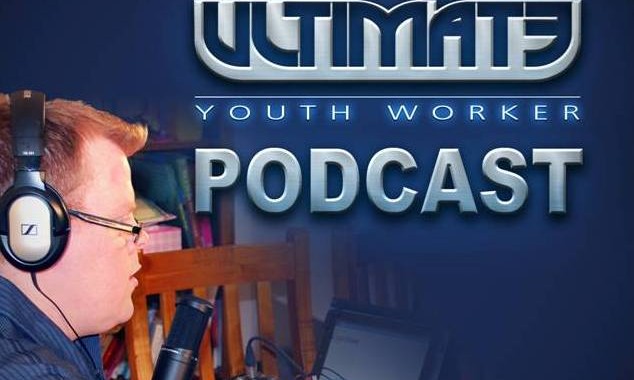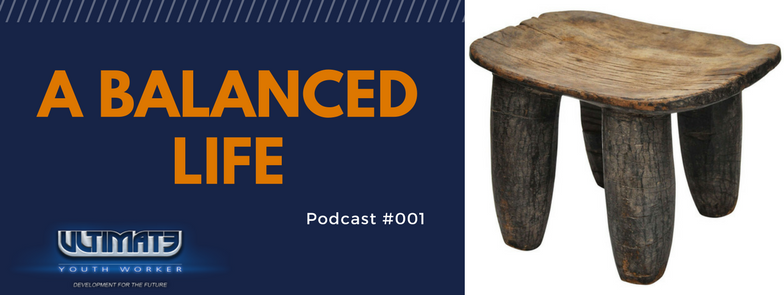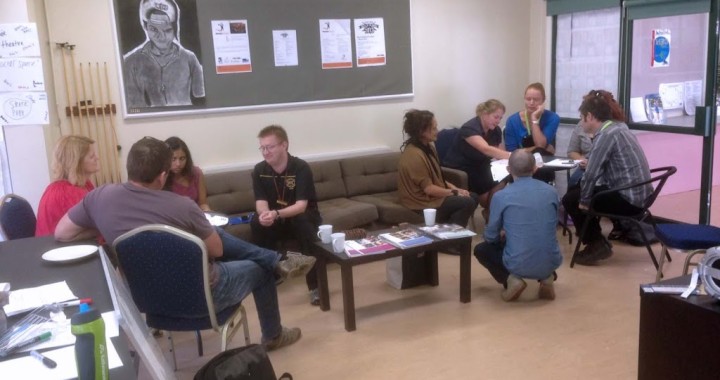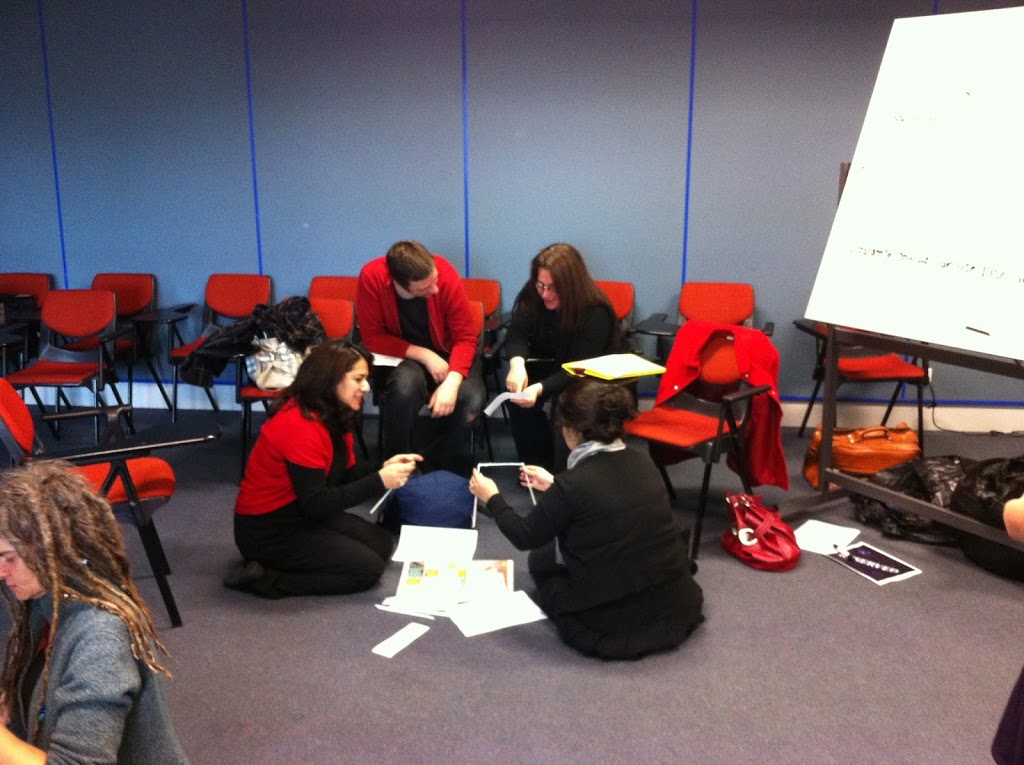The future of a youth work student.
Last week was youth work week. A time for us to reflect as a profession on how awesome we are and how we change the lives of young people. I think we did it pretty well this year… But I hope next year we do it bigger and louder. But enough about how awesome we are now. I was reflecting today that we are coming to the end of another year and that soon in Australia there will be close to 1000 youth work students graduating a Certificate IV, Diploma or Degree in youth work. November see the end of most courses and with it a vast array of new talent added to the pool.
As staff in the field we need to embrace these newbies with arms outstretched and hearts wide open. The likelihood is that half of them will not last a year because of the trauma, lack of support and meagre pay conditions. The sad fact is that we are losing such talent and passion because of things which can be managed and fixed. We know why people leave the sector. It has been documented extensively, spoken about at conferences and plans have been made… we just haven’t done anything to address it.
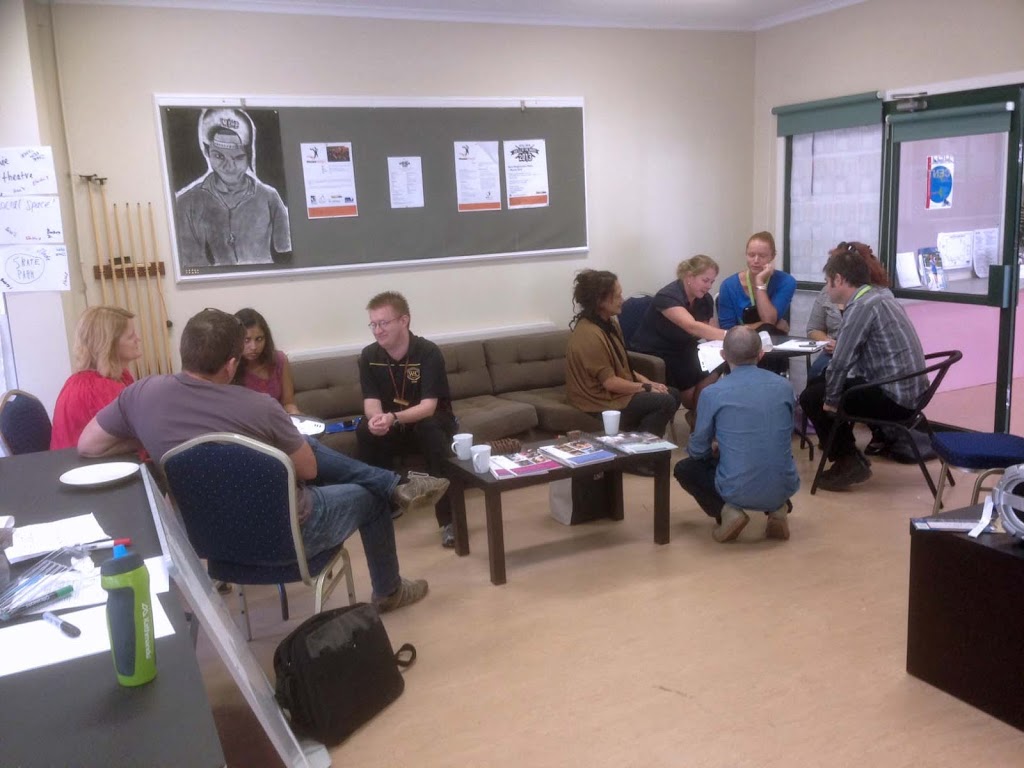
With this in mind here are our top 5 ways you can support a youth work student to succeed as a youth worker in your agency:
- Get to know them. This seems pretty straight forward for most of us, but it is the number one reason we hear over and over again in supervision sessions for conflict in the workplace. Managers, get to know your staff on a personal level as well as professionally. Find out what makes them tick, about their family and their aspirations for the future. If you are a colleague, invite them out for a drink, have peer supervision sessions, mentor them, perhaps you could even take them under your wing and support them for the first month or two.
- Give them a good orientation. There is no amount of leg work you can do later in their work than to give them a good orientation. Make sure they understand their role, other peoples roles, where the bathrooms are, the best place for coffee, how to work the photocopier, emergency procedures, the person to call if they lose their keys… everything you can think of. Make sure they take notes too. Its a pain in the butt and a massive amount of knowledge to take on board, but it will save you heaps in the long run.
- Allow them time to ask questions. Im sure you can remember starting a new job, I know I can. I had heaps of questions and they came in fits and spurts. Sometimes one question a day, other times one question a minute. Allow space in your schedule and the teams schedule for this to happen.
- Recognise limitations. We all want someone who can start a role on the run. The fact is even the best staff member will need to start slowly. recognise that they will not know how to do the job in the way your organisation wants it done straight away. They will not know how to use your systems, your resources or your language. This comes with time and support. Give them this. Remember they are new.
- Celebrate the newbie. Have a bit of a party at the end of the week. Make a fuss over them to the team and the wider organisation. Write a bit in the staff newsletter. Congratulate them for lasting the distance through interviews, checks and their first day. Make sure everyone knows their name!
This holds true for those new graduates that will be starting in your organisation soon. However, it also holds true for any new hire. Provide them with support, care and encouragement from the start and you will have amazing workers supporting your young people.
Leave a comment below if you can think of any other ways to support new youth work student graduates.
